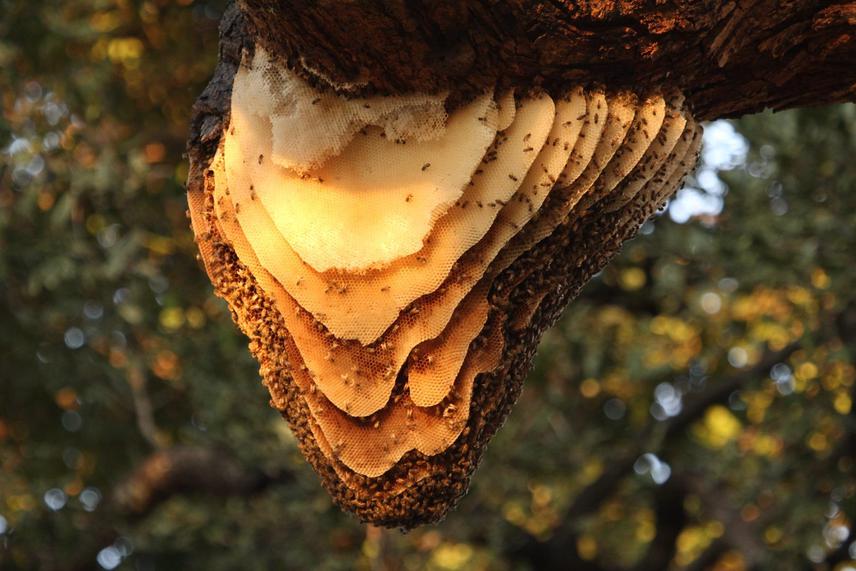Christine Rose Coppinger
Numerous studies have documented the importance of pollinators for the pollination of wild plants as well as over 75% of agricultural crops. The welfare of pollinators is inextricably linked to that of natural habitats which, in Zambia, are dominated by woodlands historically covering roughly 70% of the country’s surface area. However, rapid land transformation in Zambia has resulted in 1,134,616 ha of forest cover being lost between 2001 and 2015 alone. Despite the vital importance of pollinators for food production and the related importance of non-timber forest products (NTFPs) such as honey, in supporting the subsistence livelihoods of rural communities, little research on pollinators and sustainable utilization of NTFPs has been undertaken in these regions due to a lack of research capacity. This project aims to address these research gaps, in light of the increasing impacts of land transformation and deforestation.

Where the potential of pollinator-supported NTFPs (such as honey) to support rural livelihoods have been widely acknowledged, an in depth assessment of the impacts of their exploitation has not been done. The development of best practices to inform sustainable utilization is needed as traditional beekeeping and honey hunting practices have been shown to contribute to deforestation and impacts on wild pollinators as a result of honeybee domestication have been recorded elsewhere. Furthermore, the importance of pollination services in the provision of other NTFPs such as fruit is unknown due to limited knowledge on plant-pollinator networks. Elsewhere, the provision of free pollination services has been linked to the health of natural habitats and the intensification of agriculture has been found to detrimentally impact pollinators. Baseline information on plant-pollinator networks and pollinator ecology needs to be gathered at a landscape level in order to quantify the impacts of land-use on pollination services in Zambia.
Reinforcing the importance of free pollination services in human and natural landscapes and the significance of natural woodlands in turn, that ensure the health of pollinator populations and support rural communities through the provision of NTFPs, is the ultimate goal of this project. Research will be conducted at sites within the two dominant vegetation types in Zambia, miombo and mopane woodlands, to address these research gaps.